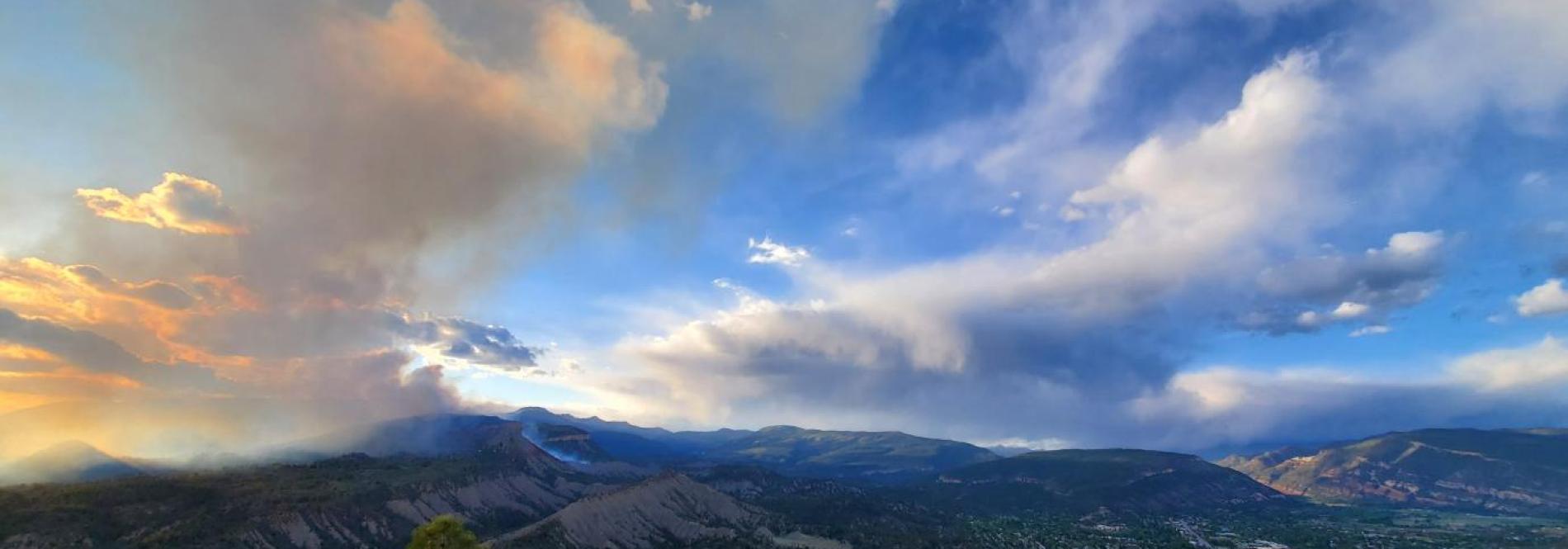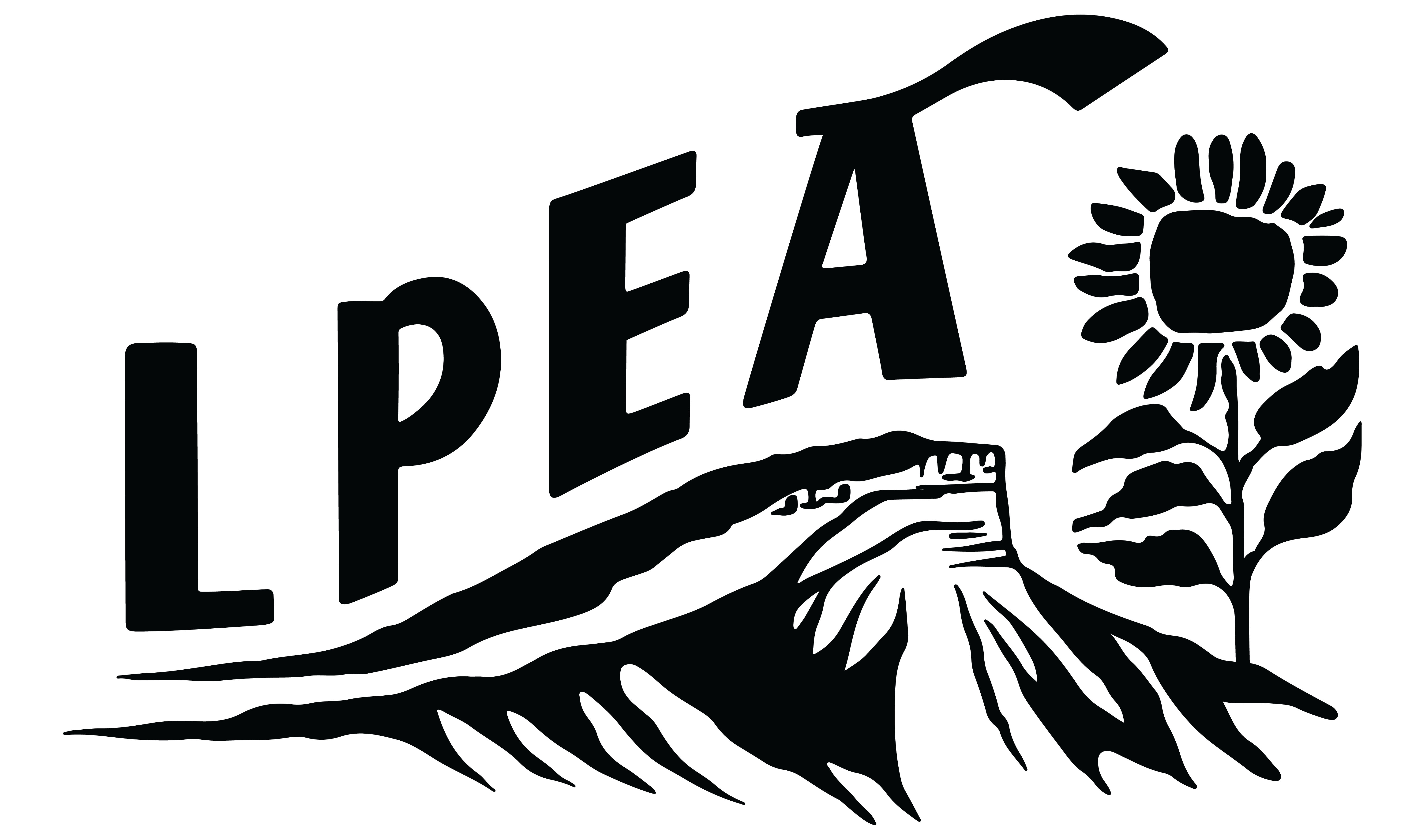
As we enter a period of increased fire danger with the onset of Red Flag Warnings, we want to take a moment to inform you about an essential shift in our operations. At LPEA, we are committed to ensuring the safety of our members, infrastructure, and the communities we serve. In light of these warnings, we are adjusting our approach to minimize the risk of starting a fire, which may result in longer and more frequent outages.
A Red Flag Warning is issued when specific weather conditions, such as warm temperatures, extremely low humidities, and stronger winds, create a heightened risk of fire danger. To effectively mitigate this risk, LPEA is implementing our fire-safety protocols, using new infrastructure and technology that has been installed over-time since the 416 Fire. Our enhanced electric infrastructure is equipped to automatically detect and de-energize immediately upon contact with any potential fire hazard. This proactive measure enables us to limit the risk of downed power lines from causing forest fires by turning off the power to that line. We immediately mobilize line crews to physically assess the situation and ensure when it is safe to restore power.
As a result of this shift, members may experience more frequent and longer outages while we physically patrol the lines to make sure there are no fires. LPEA must do our part to ensure our system does not contribute to wildfires. We understand that longer and more frequent outages can disrupt daily routines and activities, and we sincerely apologize for any inconvenience caused. However, we firmly believe that prioritizing safety is essential for the well-being of our members, the protection of our infrastructure, and the protection of our member’s properties and homes.
At LPEA, we remain committed to keeping you informed about any developments and changes in our operations. We will continue to monitor the situation closely and provide updates as necessary. Please stay connected with us through our website and social media channels for the latest information.
Thank you for your understanding, support, and cooperation during this critical time. Together, we can prioritize safety and protect our beloved community from wildfire risks.
To stay up to date on outages, view our outage map here.
Additionally, you can learn more about our mitigation efforts here.
Tips for evacuation during fire season:
1. Prepare an evacuation bag. Pack important documents like birth certificates, social security cards, passports, a phone charger, a change of clothes, and small personal items. Make this bag available and ready to grab at a moment's notice, or better yet, keep it in your car.
2. Take photos and/or videos of high price items within your home or on your property. Include appliances, computers, adventure/sports gear and equipment, and bulk items like stored food in freezers. Do not share this information with others, but keep a record of it in the event you need to share it with your insurance company.
3. Gather up flammable items from the house's exterior like patio furniture, children's toys, door mats, trash cans, etc. and bring them inside. Turn off propane tanks, and move propane appliances away from structures if possible. Connect garden hoses to outside water valves or spigots for use by firefighters. FEMA recommends unplugging any appliances before leaving your home if it is safe to do so.
4. Call your home, renters, and vehicle insurance companies to determine their coverage during evacuations and/or fire emergencies. Most insurance companies offer assistance with evacuations and may provide additional assistance for the cost of staying at hotels or rentals during your time away from your home. They may even cover the loss of goods due to power outages. Check with them!
5. Stay informed. Find your local incident command center and follow them on social media or on their websites. Try to avoid calling for basic questions, as they are dealing with emergency responses and need to keep their lines clear.
6. Inform others including friends, neighbors, and/or family of your whereabouts. If authorities need to find you to ensure your safety, it will help if multiple people know where you are staying.
7. Remember that safety is always the top priority! Here at LPEA, we will always make our safety and the safety of others our top priority.
